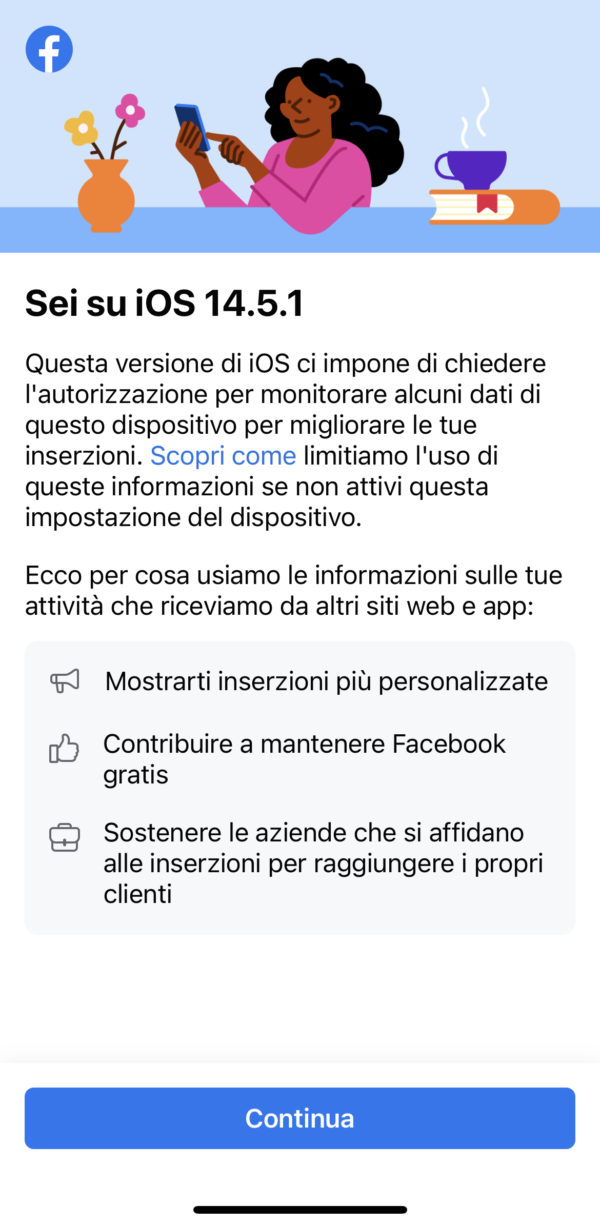Cookieless world, a world without cookies. Simple explained :)

Update April 2024
The revolution of a (almost) cookieless world has begun. With the release of iOS 14.5.1, a large portion of users has already started experiencing a world with reduced cookies (many might have seen the authorization request from Facebook after the system update, for example).
Google has withdrawn FLoC (Federated Learning of Cohorts) since 2023 and, thanks to the enhancement and progress of ML and AI, has decided to group users based on their common interests, deduced from their browsing activity. It has thus launched the “Privacy Sandbox” initiative, opening participation to all major players and launching its API Protected Audience.
The revolution will be complete when Google proceeds with the finalization of the Chrome update, but not entirely, as Brave (a rapidly growing browser) and DuckDuckGo have already completely removed cookies. But let’s go step by step and start by explaining and simplifying 🙂.
First-party and third-party cookies

Facebook and iOS 14.5.1
Everyone knows what a cookie is: it’s a small file stored on the user’s computer, used to store specific information regarding interactions between the PC and various web servers.
First-Party Cookies
First-party cookies are tools that collect online information about the user and their behavior to provide personalized navigation on the site and targeted advertising. They remember our shopping cart or the settings we may have made on a site. But they also allow, for example, if I looked at a pair of shoes without buying them, to receive shoe advertisements from the visited site in the following days.
Third-Party Cookies
Third-party cookies, on the other hand, are used for personalization and profiling across domains other than the one where the information was collected. This allows for more information about my preferences because it doesn’t stop at just the shoes I saw on the site I visited, but also includes types of shoes I’ve seen on different sites, thus enabling broader and more targeted advertising that should interest me more.
And User Privacy?
All this would be fine if not for a small problem: user privacy. When I visit a “ALFA” site and browse, I understand that I’m providing information to that “ALFA” site. But if I go to the “BETA” site, why should I give it information about my behavior on the “ALFA” site without permission?
Let’s say I, as a person, go to a lingerie site to buy a “special” gift, why should another site subsequently have information that doesn’t concern it about my lingerie preferences, with all the implications that everyone can imagine? Hence the need for blocking third-party cookies, which none of the users realize, are in the thousands.
Every time we visit a site, our data is taken and sorted by dozens and dozens of servers for various profiles that are then used for remarketing, automatic banner creativity (DCO), to track how many times an ad is exposed to a user in different places, etc. So often this is also useful for the user as well as for the publisher and merchant.
Facebook and iOS
With the release of iOS 14.5.1, Apple began rolling out updates to limit the use of third-party cookies and data tracking. The first evidence emerged with the update of the Facebook app, which requested permission to collect data from third-party sites, justifying it as a contribution to keep Facebook free. The initial data from the United States from FLURRY indicate that only 4/5% of users consented to share their data… so 96% said no.
Who Will Suffer the Most Damage from the “Cookieless World”?
What will become increasingly important is to build a larger container of first-party data. So who will suffer from this strategic change in online advertising? Small e-commerce businesses. This is because large e-commerce players (Amazon, Zalando, Alibaba, eBay, etc., but also various others in Italy like Unieuro, Decathlon, ePrice, IBS, etc.) have such large traffic that their first-party data does not need to be integrated (or at least less need to be integrated) with third-party data.
Small businesses, on the other hand, need to integrate this information in order to make even just the automations work that are needed to make their ads “appealing” to the user base or simply expose their ads to users who are interested in their product but are not familiar with it. Here the role of agencies becomes fundamental, as they will have to help companies manage their first-party data and find “alternative solutions” suitable for their own reality.
What is happening to small businesses is indeed:
Reduction in targeting effectiveness: The lack of granular user data makes it more difficult to reach the right audience with advertising campaigns.
Difficulty in measuring campaign effectiveness: Without third-party cookies, it is more complicated to track conversions and attribute success to different marketing activities.
Increase in customer acquisition costs: Competition for user attention has increased, resulting in higher costs per click and acquisition.
The Role of CRMs
How to improve our situation in a world without cookies? For example, we should think about maximizing the use of offline data (like CRM or loyalty cards) or online data (like those from analytics systems such as Google Analytics, Adobe Analytics and Experience, Owox.BI, etc.).
CRM, or Customer Relationship Management, is a strategy for managing all relationships and interactions a company has with potential and existing customers. A CRM system helps companies stay connected with customers, streamline processes, and improve profitability.
By improving data collection in the CRM, through segmentation, we can already use them for targeted use in online marketing and partially address the missing data from the ongoing “cookieless world” revolution (we have already implemented this methodology on various clients with SalesForce, vTiger, and Dynamics for example).
But data collection also needs to be improved in our analytics system. First-party data becomes fundamental and server-side tracking is the first step to building the new ecosystem.
Will Small Businesses Survive Without Cookies?
But what about smaller businesses, which do not have large user bases to draw data from or are not organized to capitalize on their users with CRM or loyalty card systems? How will they advertise online profitably and satisfactorily?
It is quite obvious that AI (Artificial Intelligence) and ML (Machine Learning), i.e., automated systems based on various signals available to ad distribution platforms, with which many try to alleviate customer concerns, cannot compete with those who have large amounts of data and can segment them. Will a UID (universal id, i.e., a unique personal identifier for all the various technologies adopted by a user) suffice to achieve the
Continua a leggere
And it consumes less energy.
To return to the page you were visiting, simply click or scroll.


